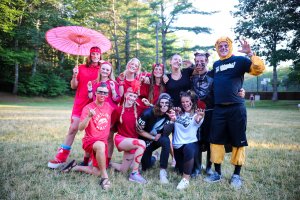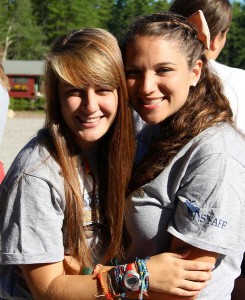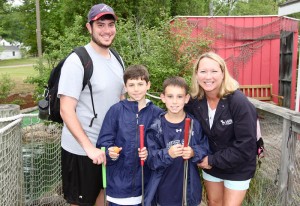
As the school year progresses, college students are faced with the question of where to work and what to do during the summer. While acquiring an internship can give you experience in your respective field of work, the benefits of working as a camp counselor are too large to ignore. For eight weeks, you’re working in a fast-paced environment with people from all different backgrounds. These eight weeks present rewards, challenges and an ability to maximize skills you may have never realized you had.
Recognizing Individuality
Living in a cabin day-in and day-out with campers and co-counselors is a unique experience. As a camp counselor, you’re presented with the task of nurturing each individual camper in order to establish strong relationships and ensure a safe and fun environment for all. The ability to recognize the strengths and weaknesses of each individual is a valuable skill in any profession.
Building Confidence
The environment at camp allows counselors to discover the best version of themselves. This environment of acceptance fosters the development of each counselor’s confidence and skill set. With higher confidence comes clearer decision making, better communication and stronger performance in many areas of life.
At camp, you’re both a coach and a mentor to the campers in your cabin, but also to the rest of the children at camp. Camp transforms counselors into leaders with the drive to be successful. The confidence established at camp can be carried over to all aspects of life; from going on a job interview to giving a presentation to your boss — having confidence allows for the highest success rate.
Team Building and Problem Solving

Working with co-counselors teaches valuable lessons both in teamwork and problem-solving. Although your co-counselors are close to your age, each individual possesses their own unique skill set. This diversity presents the opportunity for understanding and appreciating different cultures, working with varied experience levels and finding a common ground to resolve conflicts and effectively problem-solve..
Becoming a Leader
The combination of the skills learned as a camp counselor include communication, problem-solving, flexibility, individuality and confidence, all of which are key factors in being successful in any workplace. When faced with the decision to apply for an internship or a counselor at a sleepaway camp, take into consideration that in just eight weeks, skills will be developed that are beneficial for life.



















